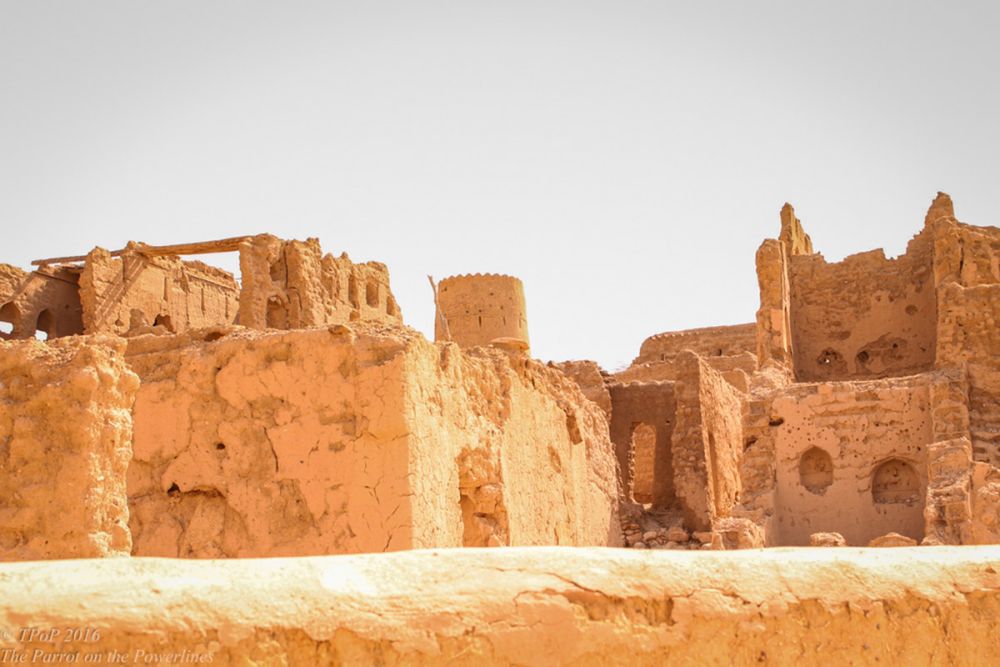

Al Sulaif Fort in Ibri is one of Oman's lesser-known historical jewels. This fortification bears witness to the architectural ingenuity and the strategic importance of forts in the history of Oman. Its role in tourism has been slowly evolving as the Sultanate has opened its doors to cultural and heritage enthusiasts from around the world.
The exact origins of Al Sulaif Fort are shrouded in mystery, but it is believed to date back to the late 12th or early 13th century. The fort's primary function was to serve as a defensive stronghold and a beacon of authority for the local ruling tribe. Constructed atop a hill, it provided a strategic vantage point to monitor and control the surrounding countryside and caravan routes.
Despite the ravages of time, Al Sulaif Fort showcases the traditional Omani military architecture. The fortification is made of mud bricks and local stone, featuring towers, battlements, and defensive walls designed to withstand sieges and protect its inhabitants.
Tourism in Ibri, and indeed the Al Dahirah region, has traditionally been focused on its rich archaeological sites and the annual date harvest. However, in recent years, the Omani government has been investing in the promotion of its cultural heritage sites, including Al Sulaif Fort, to diversify the tourism industry beyond the sun-and-sand attractions. Efforts to restore and preserve historical forts have contributed to a growing interest in cultural tourism within the country.
In response to global tourism trends favoring authentic and immersive experiences, Oman has witnessed a rise in eco-tourism and cultural tourism. Travelers are increasingly drawn to the Sultanate's ancient forts, tranquil desert landscapes, and the warm hospitality of its people. Ibri, with attractions like Al Sulaif Fort, is becoming a part of itineraries that seek to explore Oman's historical roots and architectural marvels.
Visitors to Al Sulaif Fort can explore the ruins and get a sense of the bygone era. Guides are often available to recount the history and significance of the structure. As with many sites of historical importance in Oman, there are ongoing considerations for further preservation work to maintain the integrity of the fort while making it accessible for future generations of tourists.
The future of tourism looks bright for Al Sulaif Fort as the Omani Ministry of Heritage and Tourism actively works on making historical sites more accessible. With a combination of conservation efforts and sustainable tourism practices, Al Sulaif Fort is poised to become an integral part of Oman's expanding tourist landscape, offering visitors a significant glimpse into the country's rich heritage and cultural legacy.